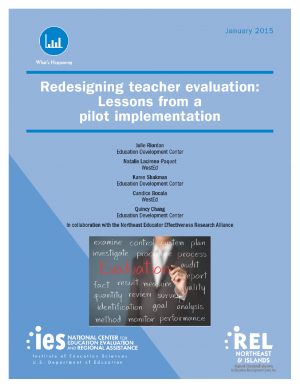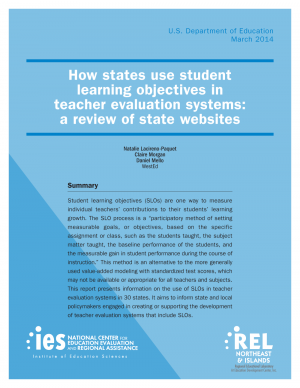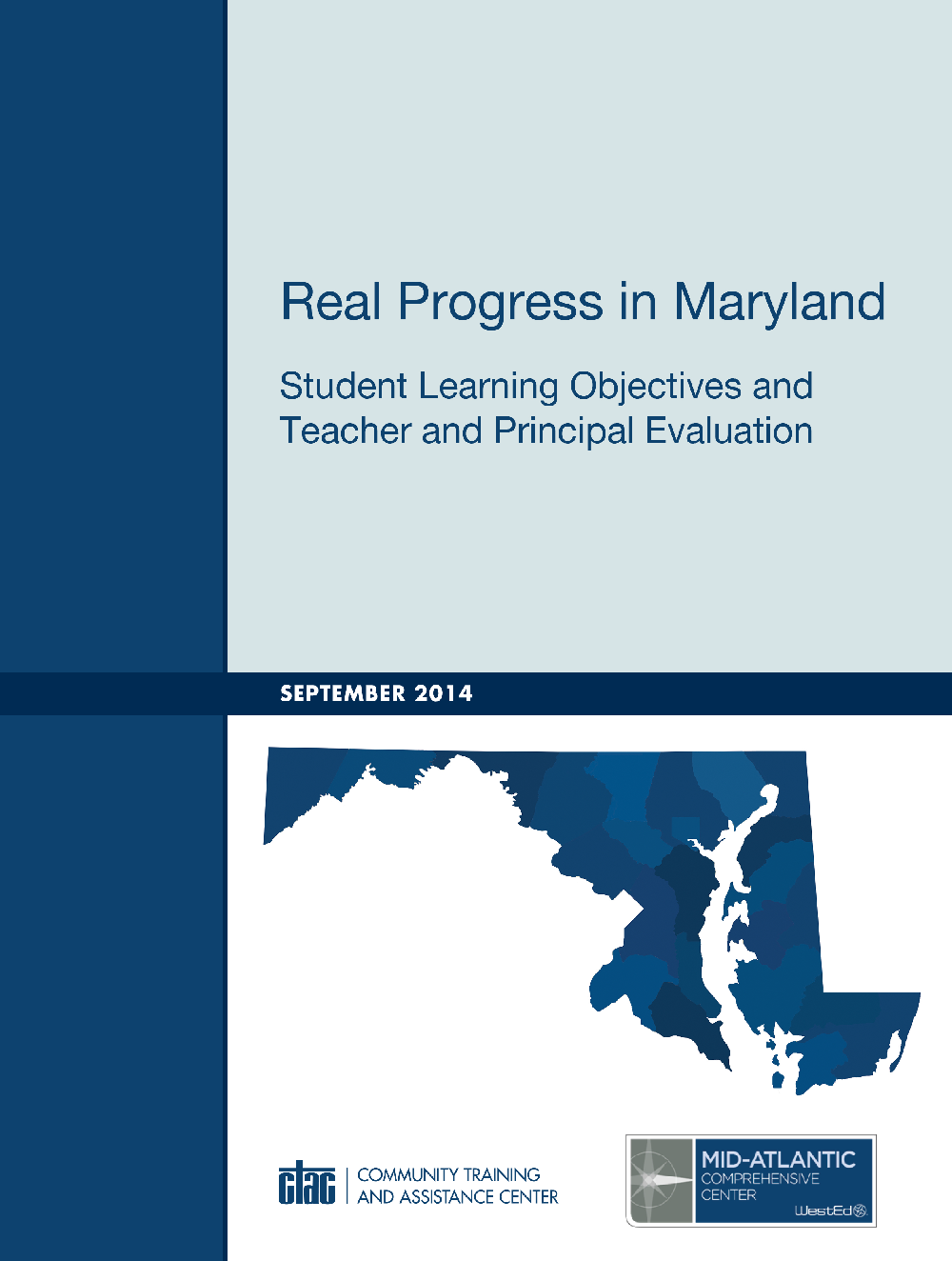Redesigning Teacher Evaluation: Lessons from a Pilot Implementation
Description
As redesigned teacher evaluation systems have emerged across the country, recent studies have begun to examine their effectiveness, reliability, and validity. But most of the empirical studies have focused on the reliability or performance of specific instruments; few have documented their implementation.
The growing momentum for state education agencies to develop common, rigorous, statewide teacher evaluation systems suggests a need for research that describes implementation. How do districts interpret state policy and guidelines? What opportunities, challenges, and lessons does implementation present? How do the evaluations improve teaching and learning in schools?
Under guidance from the New Hampshire Department of Education, schools that had received a School Improvement Grant were asked to design new teacher evaluation systems. The systems were developed in 2011/12 and piloted in 2012/13.
This study compares these new teacher evaluation systems, measures implementation fidelity, and examines implementation factors.
Key Findings
- Many evaluators and teachers reported that evaluation took too much time and used too many resources
- Initial training helped evaluators feel prepared to evaluate teachers under the new requirements
- Introducing and designing student learning objectives proved more challenging than other features of the new evaluation systems
Resource Details
Product Information
Format: PDFPages: 57
Publisher: U.S. Department of Education, Institute of Education Sciences
Available Previews
Stay Connected
Subscribe to the E-Bulletin and receive regular updates on research, free resources, solutions, and job postings from WestEd.
Your download will be available after you subscribe, or choose no thanks.







